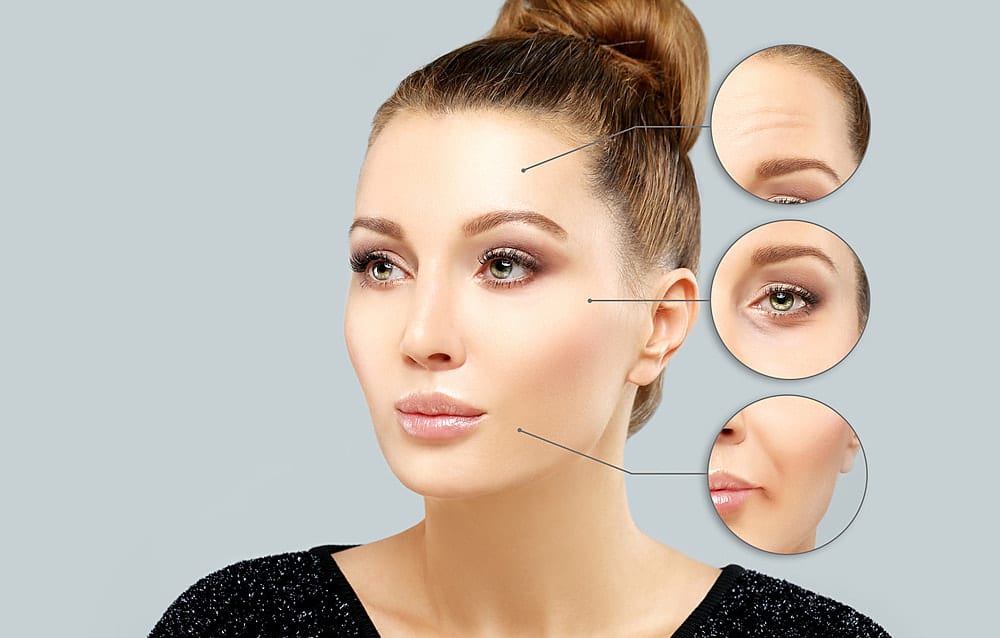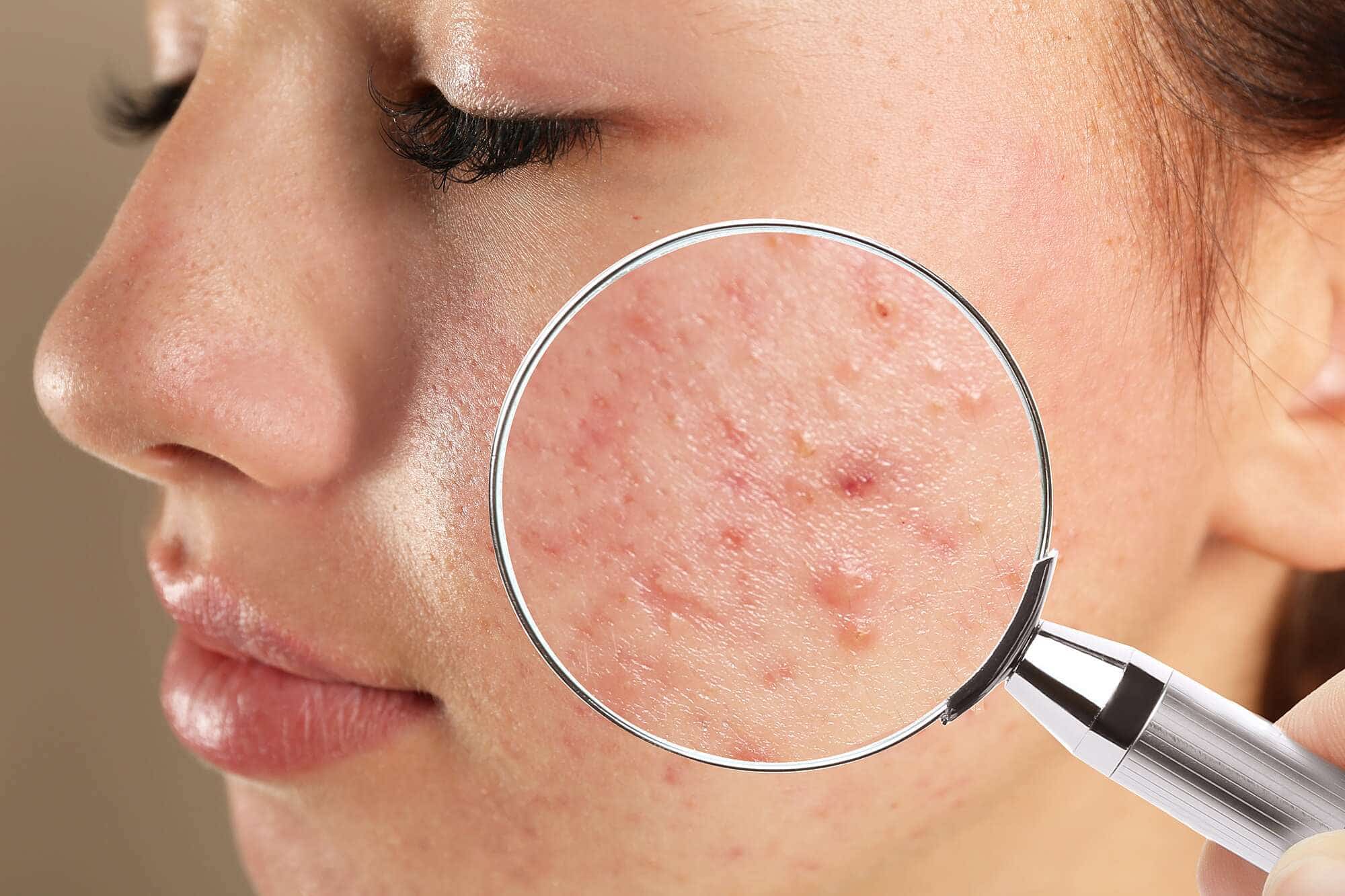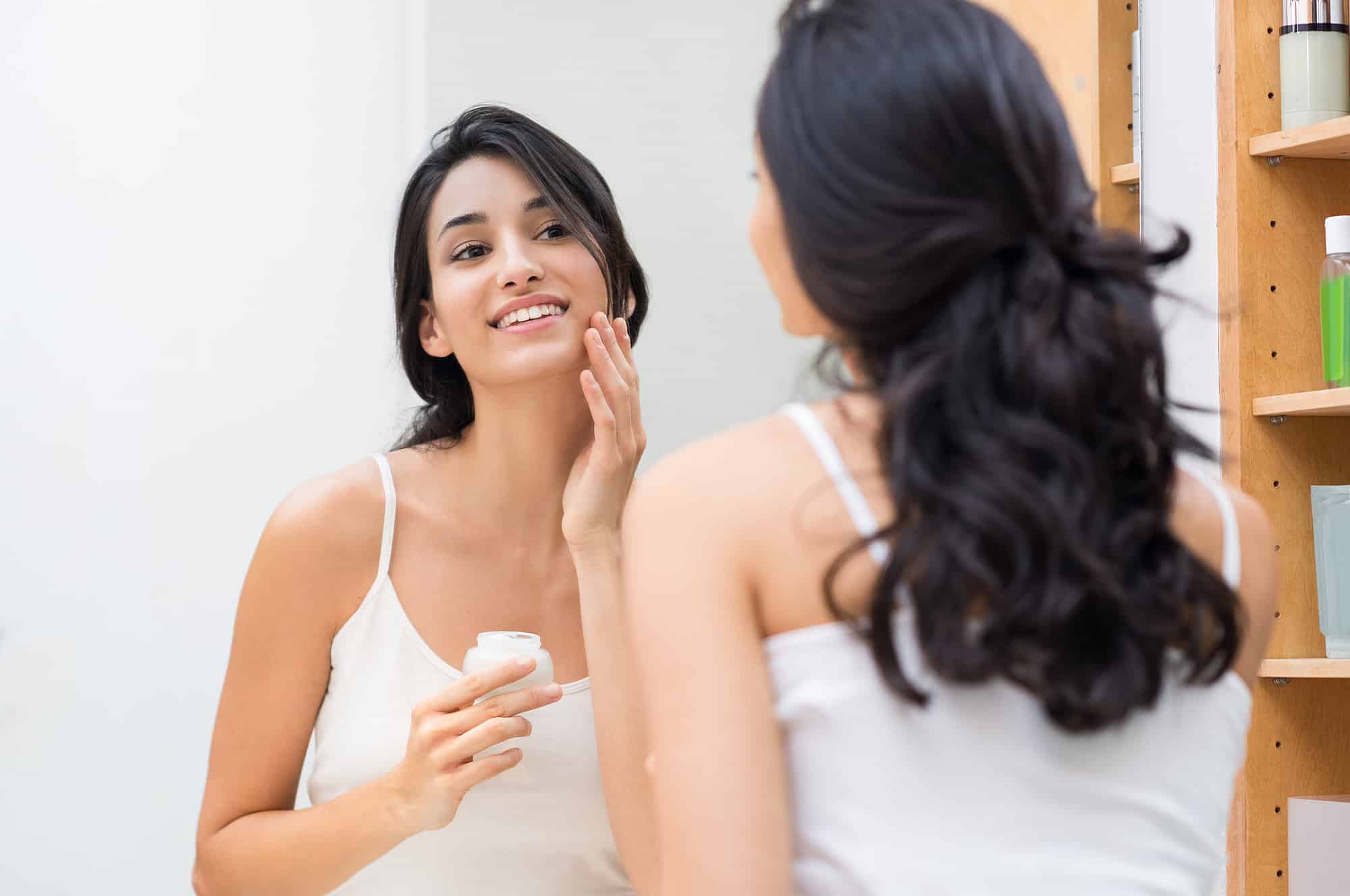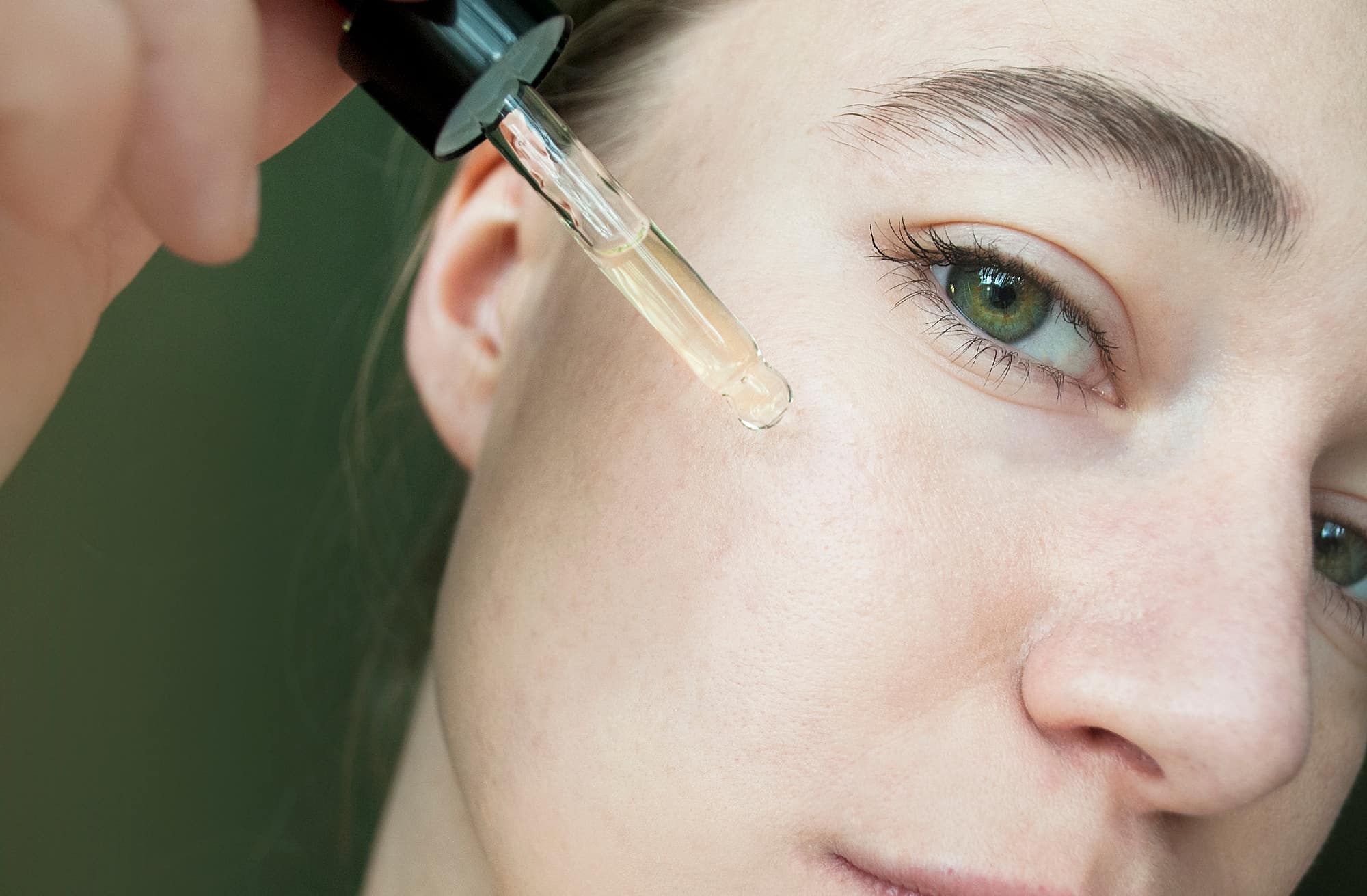
Best Skincare Ingredients To Look For If You Have Acne
- June 10, 2022


Most people suffer with acne. It affects adults as well as teenagers. Knowing what ingredients to search for is essential, given the wide variety of skin care solutions available for acne treatment in Singapore.
Consequently, consulting an acne specialist in Singapore who can identify the cause of your acne and suggest remedies to treat it is crucial for various reasons as well.

Acne comes in various forms, each of which is brought on by different factors. The different types of acne include:
Finding a suitable skin care for acne-prone skin can sometimes feel more difficult than dealing with acne since there are different types of it, but it’s not impossible.
Dermatologists have identified a few ingredients to combat acne, including:
While there are many over-the-counter medications that contain these chemicals at a low dosage, prescriptions that contain those ingredients in a high dosage are also available for more difficult acne.
Here are some other skincare ingredients worth looking into if you have acne:
Salicylic acid is a beta hydroxy acid (BHA), which means it exfoliates the skin chemically. This aids in keeping your pores unclogged.
Besides that, it also aids in cleaning up the skin and helps with whiteheads and blackheads. Salicylic acid is a common ingredient in over-the-counter and prescription skin care products for acne-prone skin. The frequency of use depends on the concentration level of BHA and individual’s skin condition. For example, those with oily skin will benefit from higher concentration products while those with dry or sensitive skin should use lower concentration products and/or reduce the frequency of use. That is why it is important to consult an experienced medical professional on suitable products for your specific condition.
Benzoyl peroxide suppresses the skin bacteria propionibacterium acnes, which frequently produces the inflammation and lesions seen in acne. This ingredient is good for treating acne that is accompanied by red and swollen bumps. It is also good for clearing clogged pores by exfoliating dead skin.

Most individuals react well to this ingredient. However, people with sensitive skin or dermatological conditions like eczema or rosacea should avoid using products containing Benzoyl peroxide.
Users of benzoyl peroxide should also note that it’s a bleaching agent. Textiles and clothing may discolour when they come into contact with skin that has benzoyl peroxide applied on it.
For the treatment of mild to moderate acne and blackheads, a retinoid called adapalene is recommended.
Adapalene, which comes in doses of 0.1 and 0.3 percent, is the first over-the-counter retinoid medication to be licenced for treating acne. It works by curing acne deep within the pores at the root, preventing new acne from developing, and restoring the natural texture and tone of your skin. The use of adapalene should be accompanied by a gentle cleanser and oil-free moisturiser because it severely dry skin.
Azelaic acid contains both antibacterial and anti-inflammatory properties. Like salicylic acid and adapalene, it helps to prevent the formation of keratin, which causes clogged pores.
In comparison to salicylic acid and adapalene though, azelaic acid is milder, making it a better choice for sensitive skin. Azelaic acid can help lighten the brown marks left by past acne breakouts, which are more prominent in individuals with darker skin tones. Azelaic acid is available in 10, 15 and 20% concentration levels in over-the-counter products.
Both inflammatory and non-inflammatory acne can be successfully treated with Niacinamide, which is a form of vitamin B3. It has come to be known as a “powerhouse ingredient” for its effectiveness.
As an antioxidant, niacinamide works with your skin’s natural chemistry to enhance overall skin texture. It works by rebuilding a lipid layer, decreasing pore appearance, and avoiding UV damage and inflammation. Besides that, due to its antimicrobial qualities, it is incredibly effective. Ideally, you should search for skincare products that include around 2 percent of Niacinamide if you have acne for better results.
Sulfur helps to dry up the surface of your skin, allowing excess oil (sebum) to be absorbed, which can contribute to acne breakouts. Benzoyl peroxide or salicylic acid are two examples of chemicals that are frequently coupled with sulphur. It eliminates dead skin cells that block your pores. Additionally, it aids in removing excess sebum (oil) that can cause acne breakouts. Sulphur is known to have a rotten egg smell, though this is usually not present in acne products containing the ingredient. Nevertheless, you may want to test sulphur items to ensure they don’t smell unpleasant.
Glycolic acid, or alpha hydroxy acid (AHA) is a gentle exfoliating agent which helps to unclog pores from dead skin cells and oil, leading to fewer breakouts. Unlike many other acne-fighting ingredients, glycolic acid does not dry the skin. In fact, it helps to retain moisture, and provides antibacterial and antioxidant properties.

For mild to moderate acne breakouts, tea tree oil may be beneficial. Tea tree oil is an essential oil derived from tea tree leaves. Its anti-inflammatory and antibacterial qualities are to credit for this. If you are sensitive to benzoyl peroxide or salicylic acid, tea tree oil may be an over-the-counter (OTC) choice for treating acne.
There are a wide range of high-quality acne treatments that are available, including cystic acne treatment in Singapore. It is crucial to get an experienced and trained professional to do it for you. SL Aesthetic Clinic provides an array of FDA-approve treatment available for both men and women. For more information, contact us or call us at +65 6235 3246.
Like what you read? Share them!